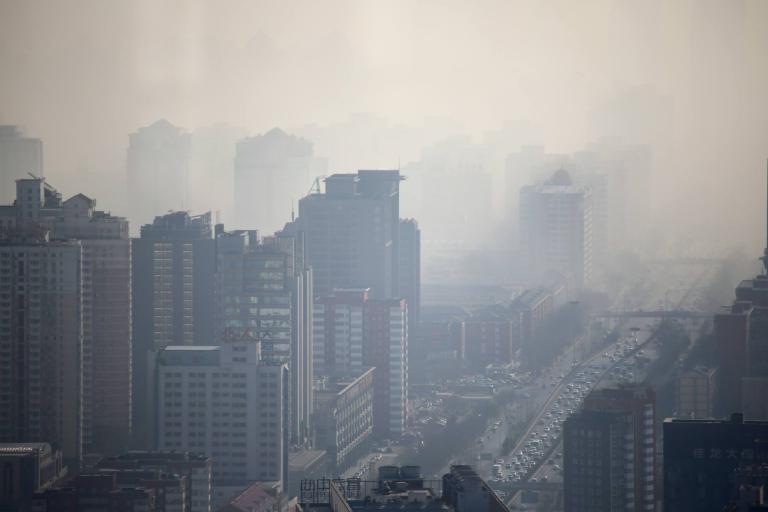WMO Executive Council endorses integrated health services

WMO Executive Council has given its backing to plans to ramp up action on to support integrated health services, given the high impact of extreme weather, air and water quality and climate change on health.
The resolution is in line with WMO’s strategy of developing a more coordinated and cross-cutting service delivery approach. Executive Council also endorsed moves towards developing integrated urban weather, environment and climate services to meet the needs of the demographic shift towards living in cities.
Executive Council decided to “strengthen WMO efforts for research and service delivery for global health applications, through greater integration of its work on weather, water, climate and environment as related to health.”
It recognized that “hydro-meteorological and environmental phenomena affect human health outcomes in myriad ways, including through exposure to increasing temperatures, degraded air and water quality; food and nutritional insecurity; water-, food-, and vector- borne diseases; UV radiation and environmentally transported chemicals; and through high impact events such as drought, flooding, storms, and heat and cold waves.”
It noted the “increasing importance of poor air quality and extreme heat as emerging health risks in urban areas worldwide, as well as the particular vulnerability of populations in low-and-middle income countries and small island developing states.”
The resolution calls on WMO to strengthen capacities of national meteorological and hydrological services to engage with the health community and to support the health sector with research and development to create health impact-based forecasts.
It asked the WMO Secretariat to develop, jointly with the World Health Organization, a five-year programme of work on climate, environment, and health, including proposals to implement integrated health services.
WMO has a number of activities which support health applications, including the Global Atmosphere Watch Programme, and sand and dust forecast and warning services. The WMO has a joint climate and health office with WHO which promotes integrated health services, through the implementation of the Global Framework for Climate Services.
WMO and WHO in May signed a new Framework Collaboration Agreement on climate, environment and health, to put decades of collaboration on a firm legal footing.
The agreement with WHO focuses on strengthening the understanding and management of health risks associated with extreme weather, climate and environmental events and long-term climate change. This includes through better access and use of weather, climate and environmental data for risk assessment and monitoring, adaptation planning and development of tailored services.
It also prioritizes improved monitoring and management of environmental health risks, such as UV radiation, hazardous air quality, and water pollution. This will facilitate closer coordination between meteorological and partner services, which monitor and predict air quality, and health authorities, which deal with the impact of human exposure to pollutants.










